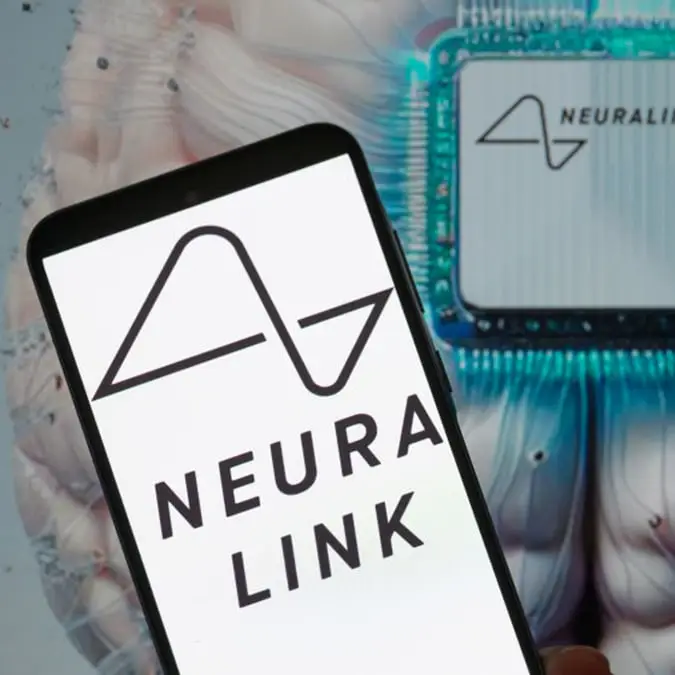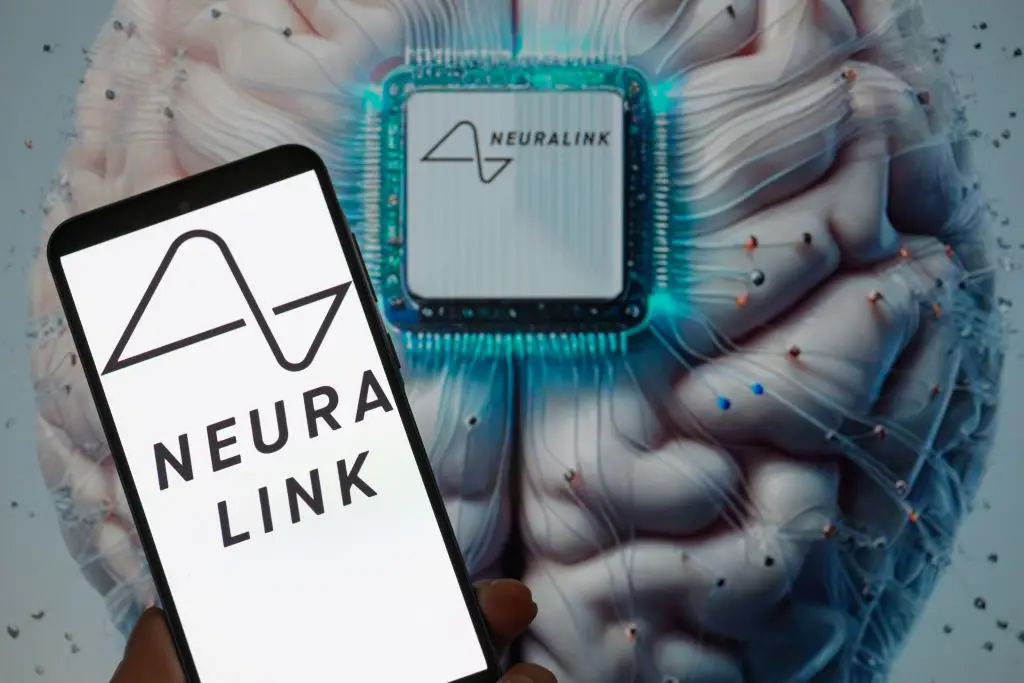
The world’s first non-verbal Neuralink patient has spoken out after receiving Elon Musk’s brain chip.
Bradford G Smith became the third person in the world to receive the life changing chip and the first ever non-verbal person to have it implanted.
This is after Smith’s Amyotrophic Lateral Sclerosis (ALS) condition deteriorated, leaving him unable to speak.
On Sunday (April 27), Bradford took to social media to share the results of the procedure.
Advert
On X, formerly Twitter, he wrote: “I am the 3rd person in the world to receive the @Neuralink brain implant.
“1st with ALS. 1st Nonverbal. I am typing this with my brain. It is my primary communication.
“Ask me anything! I will answer at least all verified users!
“Thank you @elonmusk!”
One user replied: “How do you control which thoughts get typed and which thoughts you keep private? The normal border between internal and external dialogue is not there for you.”
This prompted a reply from another person who explained: “He explains in the video that he types. He has little to no controlled movement of his hands, so they configured the Neuralink to be controlled by his tongue for typing and a grimace or clench for a click. Fascinating to watch. He also has AI via Grok 3, which follows conversation and offers prompts that he can pick from that helps to speed up conversation for him. If he doesn’t like the prompts, he can always type instead.”
Smith added: “Exactly!”
In a video posted to Musk’s social media platform, where he said that uses the Neuralink implant to control the cursor on his laptop.
As well as this, he can use Grok AI to create a clone of his own voice to speak.
Noland Arbaugh became Neuralink’s first patient to test the neurotech firm’s chip, having it implanted in January 2024.

This was eight years after he was paralysed in a diving accident.
Recalling his adjustment to his disability, Arbaugh told the BBC that he has ‘no control, no privacy, and it’s hard’, adding: “You have to learn that you have to rely on other people for everything.”
Arbaugh continued: “If everything worked out, then I could help being a participant of Neuralink. If something terrible happened, I knew they would learn from it.”
The 30-year-old hoped that by having the chip implanted, he might be able to regain some independence by being able to control his computer again.
After growing up playing video games, Arbaugh noted that this was something he’d ‘had to let go of’ after becoming disabled, however that’s all changed thanks to the chip.
He said: “Now I’m beating my friends at games, which really shouldn’t be possible but it is.”